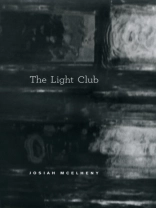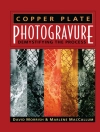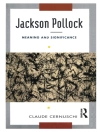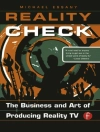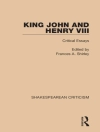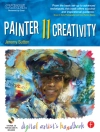Paul Scheerbart (1863-1915) was a visionary German novelist, theorist, poet, and artist who made a lasting impression on such icons of modernism as Walter Benjamin, Bruno Taut, and Walter Gropius. Fascinated with the potential of glass architecture, Scheerbart’s satirical fantasies envisioned an electrified future, a world composed entirely of crystalline, colored glass.In 1912, Scheerbart published The Light Club of Batavia, a Novelle about the formation of a club dedicated to building a spa for bathing not in water, but in light at the bottom of an abandoned mineshaft. Translated here into English for the first time, this rare story serves as a point of departure for Josiah Mc Elheny, who, with an esteemed group of collaborators, offers a fascinating array of responses to this enigmatic work.The Light Club makes clear that the themes of utopian hope, desire, and madness in Scheerbart s tale represent a part of modernism s lost project: a world based on political and spiritual ideals rather than efficiency and logic. In his compelling introduction, Mc Elheny describes Scheerbart s life as well as his own enchantment with the writer, and he explains the ways in which The Light Club of Batavia inspired him to produce art of uncommon breadth. The Light Club also features inspired writings from Gregg Bordowitz and Ulrike Muller, Andrea Geyer, and Branden W. Joseph, as well as translations of original texts by and about Scheerbart. A unique response by one visionary artist to another, The Light Club is an unforgettable examination of what it might mean to see radical potential in absolute illumination.
Josiah McElheny
Light Club [PDF ebook]
On Paul Scheerbart’s "The Light Club of Batavia"
Light Club [PDF ebook]
On Paul Scheerbart’s "The Light Club of Batavia"
Dieses Ebook kaufen – und ein weitere GRATIS erhalten!
Sprache Englisch ● Format PDF ● ISBN 9780226514581 ● Verlag University of Chicago Press ● Erscheinungsjahr 2010 ● herunterladbar 3 mal ● Währung EUR ● ID 5659392 ● Kopierschutz Adobe DRM
erfordert DRM-fähige Lesetechnologie
